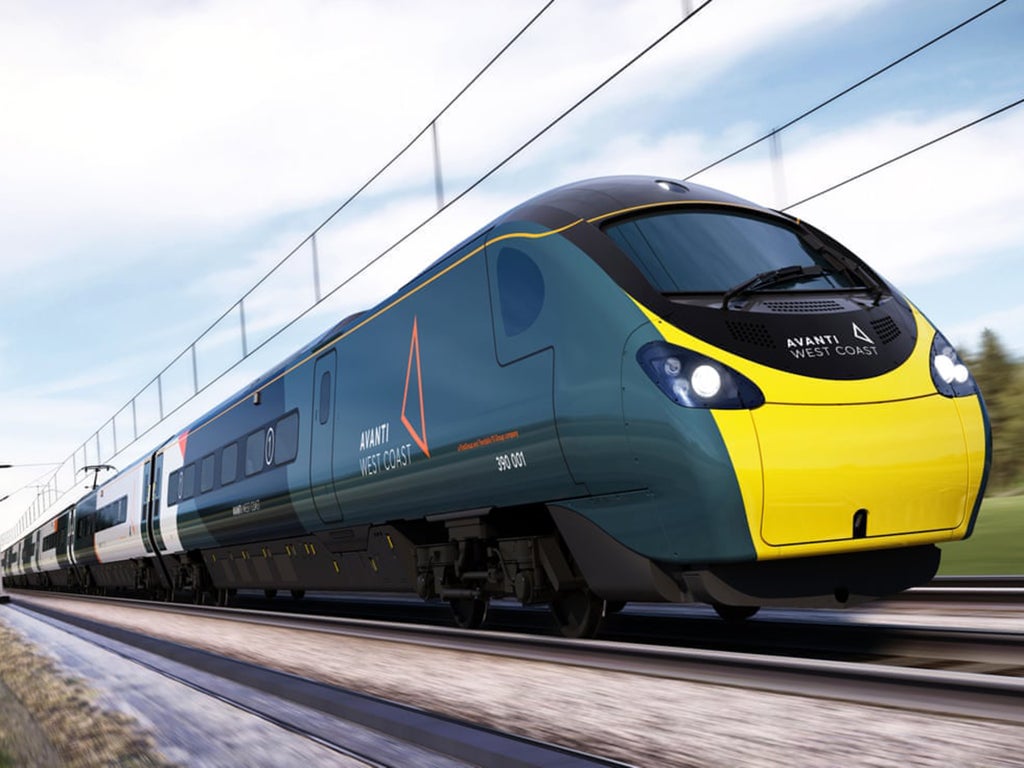
On the day that severe cuts to train services take effect across Britain, a government agency is recommending employers provide “extra car parking so staff can avoid using public transport”.
The advice is contained in an Acas webpage discussing steps when staff are concerned about catching coronavirus.
The conciliation service tells employers: “As well as following working safely guidelines, ways to help keep people safe could include extra car parking where possible so they can avoid using public transport.”
The recommendation from Acas – which is a body within the Department for Business – comes at a time when passenger usage has slumped to around half of pre-pandemic levels.
Many train operators have cut rail services from today, including on the inter-city routes from Birmingham and Manchester to London on Avanti West Coast – where the pre-pandemic frequency of every 20 minutes has reduced to one departure per hour.
Train operators are trying to attract back reluctant passengers by emphasising the safety of going by rail. Avanti West Coast is telling travellers: “We're ventilating trains to refresh air. We're extensively cleaning train and stations.
“Face coverings are compulsory on public transport (including onboard our Avanti West Coast services) and at stations, unless exempt.”
A spokesperson for the Rail Delivery Group – representing train operators and Network Rail – said: “Rail companies are pulling out all the stops so that people can travel with confidence, with ventilation that refreshes air at least every six to nine minutes on the vast majority of trains, continued extra cleaning, and the Alert Me service which provides journey updates.
“Encouraging commuters to travel by car is unnecessary, harms the environment now and puts at risk a fair, green economic recovery from the pandemic in the long term.”
In response, a spokesperson for Acas said: “The government has advised staff to work from home if they can.
“If staff cannot work from home and are anxious about travelling into work then employers should look at options that can help reassure them.
“Employers could consider different working hours, which can help staff to avoid travelling in public transport peak times when it is more likely to be crowded.
“Bosses can also discuss the Covid safety measures implemented by the public transport industry to explore whether they will help to reassure staff.
“If staff refuse to travel by public transport then other options employers can support include walking to work, cycling and extra car parking if possible.”
The confederation told members to “consider providing alternative transport if possible” for employees who “cannot meet the social distancing guidelines by walking, running, cycling or driving to work”.
Taxpayers are currently spending around £1m per hour keeping the nation’s railways running.







